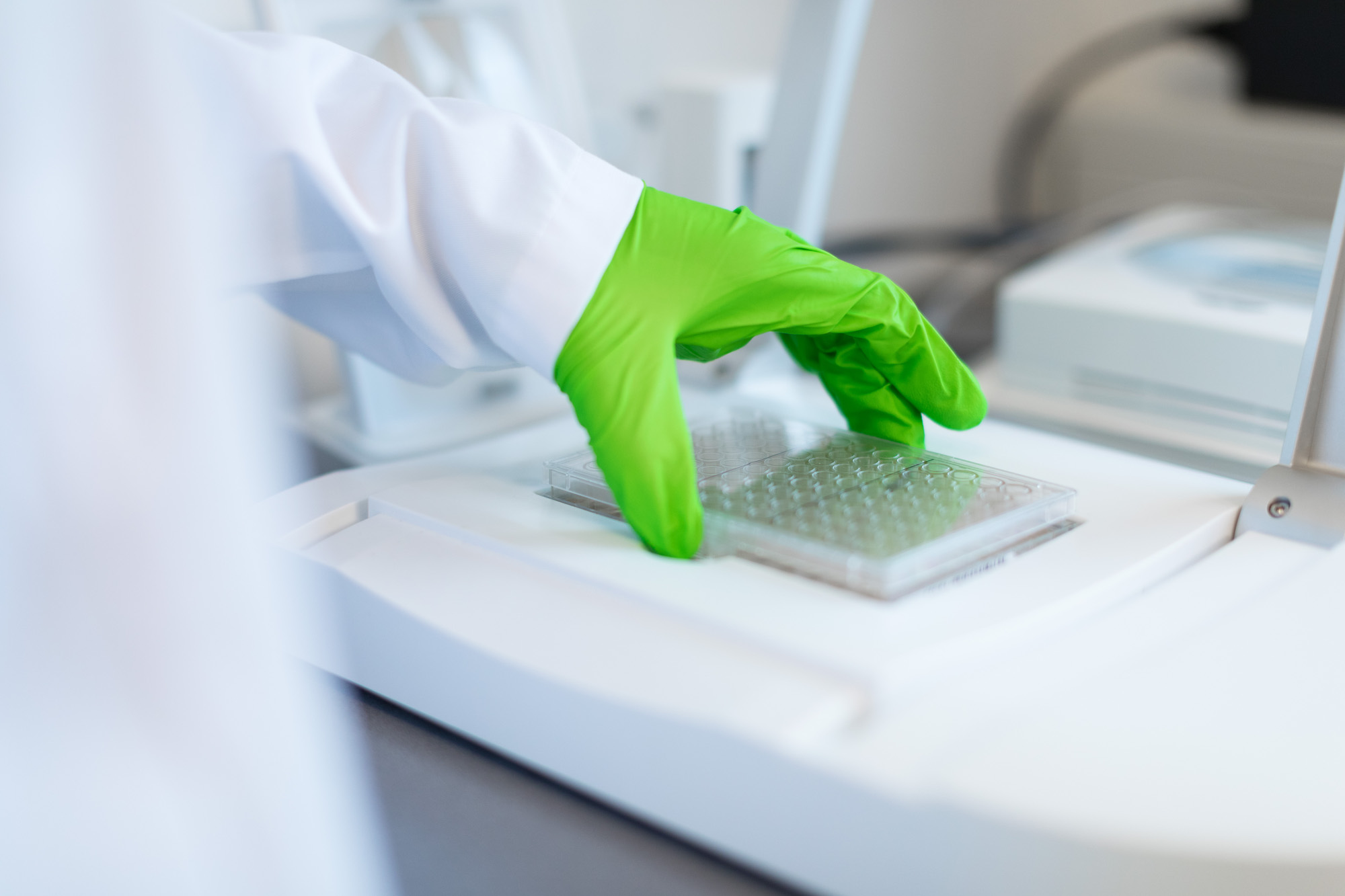Animal testing has been a regulatory requirement since 1938 to determine the safety and efficacy of drugs before they enter clinical trials. Despite the fact that animal models have uncovered many disease mechanisms, physiological and genetic differences between animals and humans often result in failures during clinical trials, with significant consequences. Between 2007 and 2010, 66% of Phase III failures were due to lack of efficacy and 21% due to drug toxicity, highlighting the need for improved preclinical evaluation and predictive data for clinical candidates 1.
However, recent data shows that this gap in predictive accuracy continues to persist. A review of 221 animal experiments found that only 50% had results that agreed with later human studies 2, and animal testing continues to fail in predicting toxicity in nearly half of drugs in the pipeline between Phase I trials and early post-market withdrawals 3.
The FDA Modernization Act 2.04 has passed by the Senate and House on December 2022 to authorize the use of alternative testing platforms and, for some drugs, eliminate the requirement of animal testing before entering clinical trials. The goal is to improve the predictiveness of preclinical safety and efficacy assessments and reduce the use of animals in drug discovery and development programs.
The new regulations represent a major opportunity for pharmaceutical companies and researchers to explore new and innovative approaches for drug discovery. It will accelerate innovation and get safer and more effective drugs to the market more quickly.
One of the key provisions of the FDA Modernization Act 2.0 is to encourage the use of human-relevant in vitro models, such as human induced pluripotent stem cells (iPSCs), that can better represent human physiology and disease phenotypes. iPSCs have emerged as a powerful alternative to animal testing in preclinical drug development as they preserve genetic background and can mimic specific disease phenotypes 5.
iPSC technology is already facilitating more confident drug development and has been used in over 35 clinical trials for neurodegenerative diseases 6. Using human biology in preclinical target identification and evaluation improves the accuracy and speed of preclinical drug development, reduces the number of animal tests, and increases the chances of success in clinical trials.
"In vitro models based on human biology can predict drug safety and efficacy with high accuracy," said Dr. Shushant Jain, Director of Discovery Technology at Ncardia. "It is good to see regulatory authorities facilitating the incorporation of these iPSC-based models in drug discovery, and we are here to help pharmaceutical companies make the switch."
Contact Ncardia to explore iPSC-based solutions for your projects.
References
- Arrowsmith J. Trial watch: Phase III and submission failures: 2007–2010. Nat Publ Gr. Published online 2011. doi:10.1038/nrd3375
- Perel P, Roberts I, Sena E, et al. Comparison of treatment effects between animal experiments and clinical trials: systematic review. Published online 2006. doi:10.1136/bmj.39048.407928.BE
- Van Norman GA. Limitations of Animal Studies for Predicting Toxicity in Clinical Trials: Is it Time to Rethink Our Current Approach? JACC Basic to Transl Sci. 2019;4(7):845-854. doi:10.1016/J.JACBTS.2019.10.008
- “S.5002-FDA modernization Act 2.0, https://www.congress.gov/bill/117th-congress/senate-bill/5002, accessed 12 Jan 2023
- Matsa E, Burridge PW, Yu KH, et al. Transcriptome Profiling of Patient-Specific Human iPSC-Cardiomyocytes Predicts Individual Drug Safety and Efficacy Responses In Vitro. Cell Stem Cell. 2016;19(3):311-325. doi:10.1016/J.STEM.2016.07.006
- Pasteuning-Vuhman S, de Jongh R, Timmers A, Pasterkamp RJ. Towards Advanced iPSC-based Drug Development for Neurodegenerative Disease. Trends Mol Med. 2021;27(3):263-279. doi:10.1016/J.MOLMED.2020.09.013
- Karakikes I, Termglinchan V, Wu JC. Human Induced Pluripotent Stem Cell Models of Inherited Cardiomyopathies. Curr Opin Cardiol. 2014;29(3):214. doi:10.1097/HCO.0000000000000049

